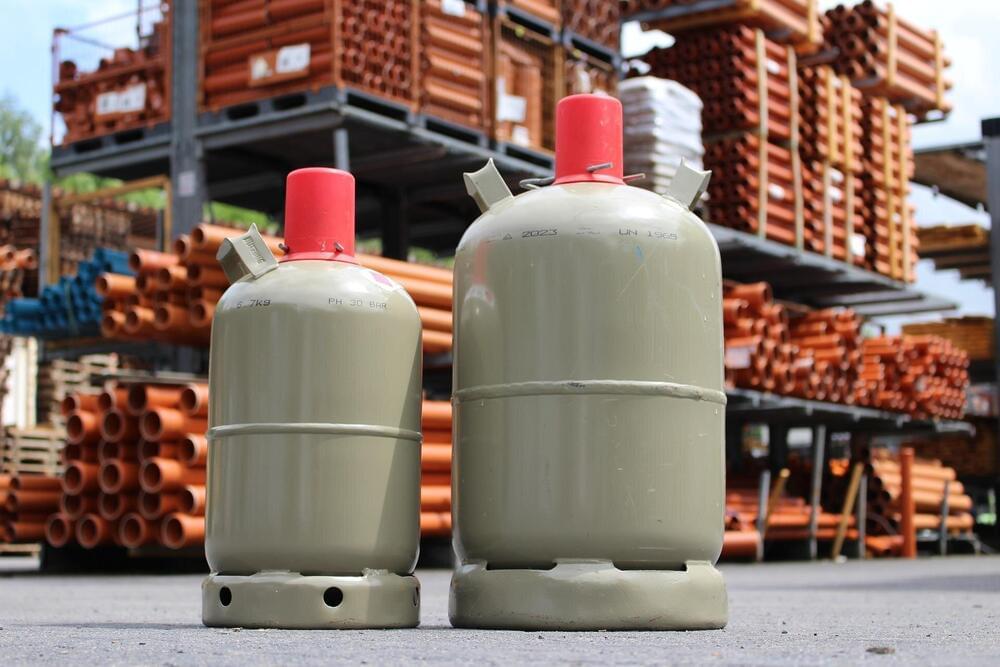Current severe heatwaves that will likely increase in severity and frequency in the future are driving a rise in the use of air conditioners, threatening the environment with their high energy consumption and refrigerants with high warming potential. A new study finds that switching to propane as a refrigerant could lessen the global temperature increase from space cooling.
We spend enormous amounts of energy on fighting off the heat in the summer, or throughout the whole year at lower latitudes—about one-tenth of the total worldwide electricity supply. If current temperature trends continue, the energy demands of space-coolers will more than triple by 2050. Apart from the rise in energy consumption, space-coolers also threaten the environment in different ways: by using halogenated refrigerants with high global warming potential.
Split-air conditioners (Split ACs) that use an indoor and an outdoor air unit connected by pipes are the most common appliances used for space-cooling. They mostly utilize HCFC-22 and HFC-410 as refrigerants, both of them characterized by a very high global warming potential score, up to 2,256—meaning that they trap up to 2,256 times more heat than carbon dioxide over 100 years. Urged by the Kigali Amendment to the Montreal Protocol, many manufacturers are looking for alternative refrigerants with lower global warming potential scores, such as HFC-32. However, with a global warming potential score of 771, HFC-32 still poses a significant climate hazard.
